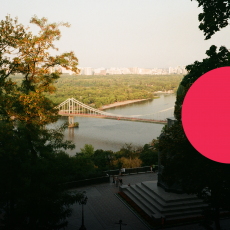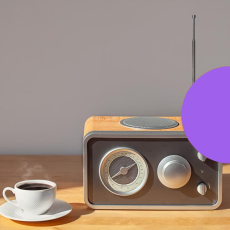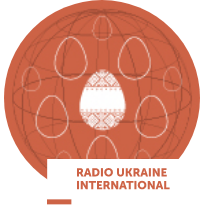"Considering the ongoing arbitration proceedings in Stockholm, we are concerned with Gazprom's intentions to spend its scarce resources on economically unjustified projects. Naftogaz supports the establishment of fair, transparent, and competitive environment in the European gas market," Naftogaz Chief Commercial Officer Yuriy Vitrenko said. "If the capacity is booked at the present level of 110 bcm the delivery via this route will be four times cheaper than via the Nord Stream 2. At 70 bcm of booked capacity, transit costs are expected to be three times lower compared to the Nord Stream 2 option," reads the company's statement. Taking into account that Russian gas currently delivered via Ukraine is destined primarily for consumers in the CEE, Southern Europe and Turkey, the Direct Stream is also the shortest of the routes. The Ukrainian gas monopoly also stressed that the change of the transportation route might result into disruptions of gas supply to Central, Eastern and Southern Europe as well as Turkey the gas transport infrastructures of which are linked to the current route and have weak or no connection with the German gas network, to which the Nord Stream 2 is connected. On June 16, Gazprom CEO Alexei Miller said that the cost of gas supply to Germany via the Nord Stream 2 would be 1.6 times lower than if it is transported via Ukraine. Miller added that Gazprom was planning to eliminate around 4,300 kilometers of gas pipeline in the centra corridor of the gas transport system by 2020 after which Ukraine's transit capacity would amount to 10-15 bcm. Ukraine in 2015 increased transit of natural gas to Europe and Moldova by 7.9% compared to 2014, to 67.082 bcm. Gas transit through the country to Europe in 2015 was 64.bcm, and 2.921 bcm to Moldova.
Gas shipments from Russia to EU via Ukraine 3-4 times cheaper than via Nord Stream 2 Naftogaz
17.06.2016 р., 14:05
Останні новини
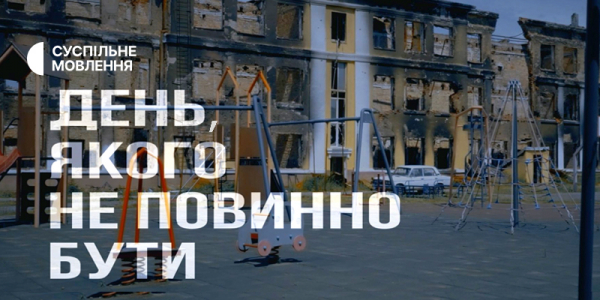
"День, якого не повинно бути" — поезія темних часів на Радіо Промінь

"Без Обмежень" новою піснею закликають берегти військових
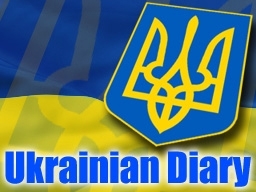
Ukrainian Diary – digest of the most important news over the past week
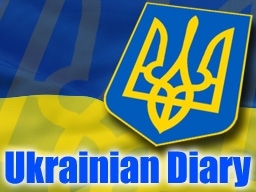
Ukrainian Diary – digest of the most important news over the past week (audio)
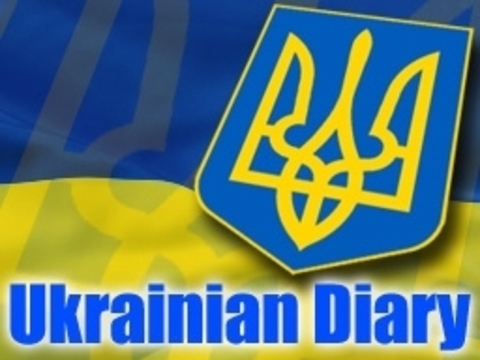
Ukrainian Diary – digest of the most important news over the past week
Related News
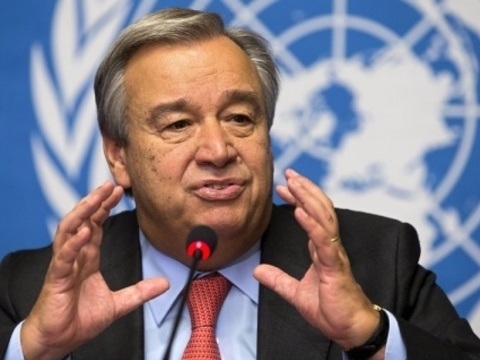
UN names Ukraine one of priority tasks
Freedom House assesses Ukraine as partially free country
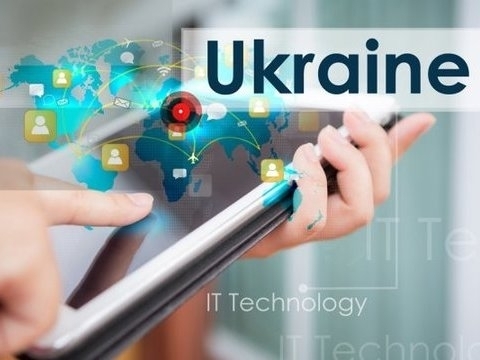
IT sphere revenues in Ukraine increase by $ 3.5 billion over year
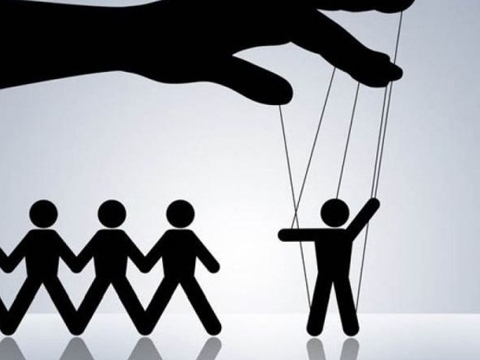
Misinformation campaign seriously weakened Ukraine
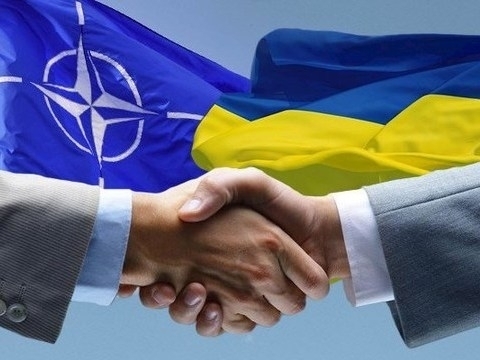
Experts evaluate Ukraine's chances of joining NATO
